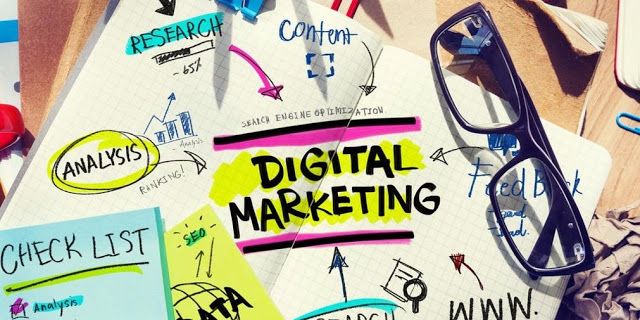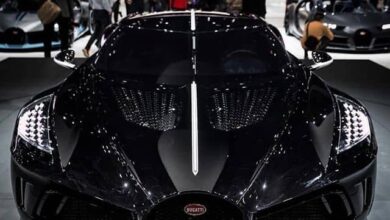Driving Success: Top Automotive Digital Marketing Trends
In the fast-paced digital age, the automotive industry has embraced cutting-edge digital marketing strategies to stay ahead of the competition and connect with their target audience. From immersive virtual experiences to personalized campaigns, this article explores the top automotive digital marketing trends that are revolutionizing the way car m Jo
1. Virtual Reality Showrooms
One of the most prominent trends in automotive digital marketing is the use of virtual reality (VR) showrooms. These immersive experiences allow potential customers to explore the latest car models virtually. VR showrooms provide an interactive and engaging way for consumers to view different features, customizations, and color options, giving them a feel of being inside the vehicle without leaving their homes. This trend enhances the buying experience, builds excitement, and accelerates the decision-making process, ultimately leading to increased sales and customer satisfaction.
2. Influencer Marketing for Cars
Influencer marketing has proven to be a powerful tool for the automotive industry. Brands collaborate with popular automotive influencers who have a significant following on social media platforms like Instagram, YouTube, and TikTok. These influencers create authentic content, including reviews, test drives, and comparisons, that resonates with their audience. Partnering with influencers helps car manufacturers and dealers reach a wider demographic and gain credibility among potential buyers. The key lies in identifying the right influencers whose values align with the brand and who can effectively promote the vehicles to their followers.
3. Personalized Content and Recommendations
Personalization is a key driving force in modern marketing strategies, and the automotive industry is no exception. Digital marketers are utilizing customer data and advanced analytics to deliver personalized content and recommendations to potential buyers. By understanding individual preferences, browsing behavior, and purchase history, marketers can create targeted campaigns that showcase vehicles tailored to customers’ interests. Whether it’s through email marketing, website content, or social media ads, personalized marketing enhances the customer experience, fosters loyalty, and increases the likelihood of conversion.
4. Embracing Augmented Reality (AR)
Augmented reality is transforming the way consumers interact with automotive brands. AR technology allows customers to virtually place a car model in their driveway, garage, or any real-world environment using their smartphones or tablets. This interactive experience enables them to visualize how the vehicle would look in their daily lives. Additionally, AR-powered apps can provide on-the-spot information about car features and specifications, enabling more informed decision-making. Embracing AR not only creates memorable experiences for customers but also streamlines the purchase journey and fosters a stronger emotional connection with the brand.
5. Video Marketing Dominance
Video marketing continues to dominate the digital landscape, and the automotive industry is leveraging this trend to its advantage. Car manufacturers are producing high-quality video content, including car commercials, virtual test drives, and behind-the-scenes footage. These videos are shared across various platforms, captivating audiences and building excitement around new launches. Live streaming events and interactive Q&A sessions also create opportunities for direct engagement with potential buyers. The power of video lies in its ability to convey emotions, showcase features, and tell compelling stories, all of which contribute to a stronger brand presence and increased customer interest.
As the automotive industry embraces the digital revolution, these top digital marketing trends are reshaping how car manufacturers and dealers connect with their audience. From virtual reality showrooms to influencer collaborations, personalized content, and augmented reality experiences, the future of automotive marketing promises to be dynamic, immersive, and customer-centric.

